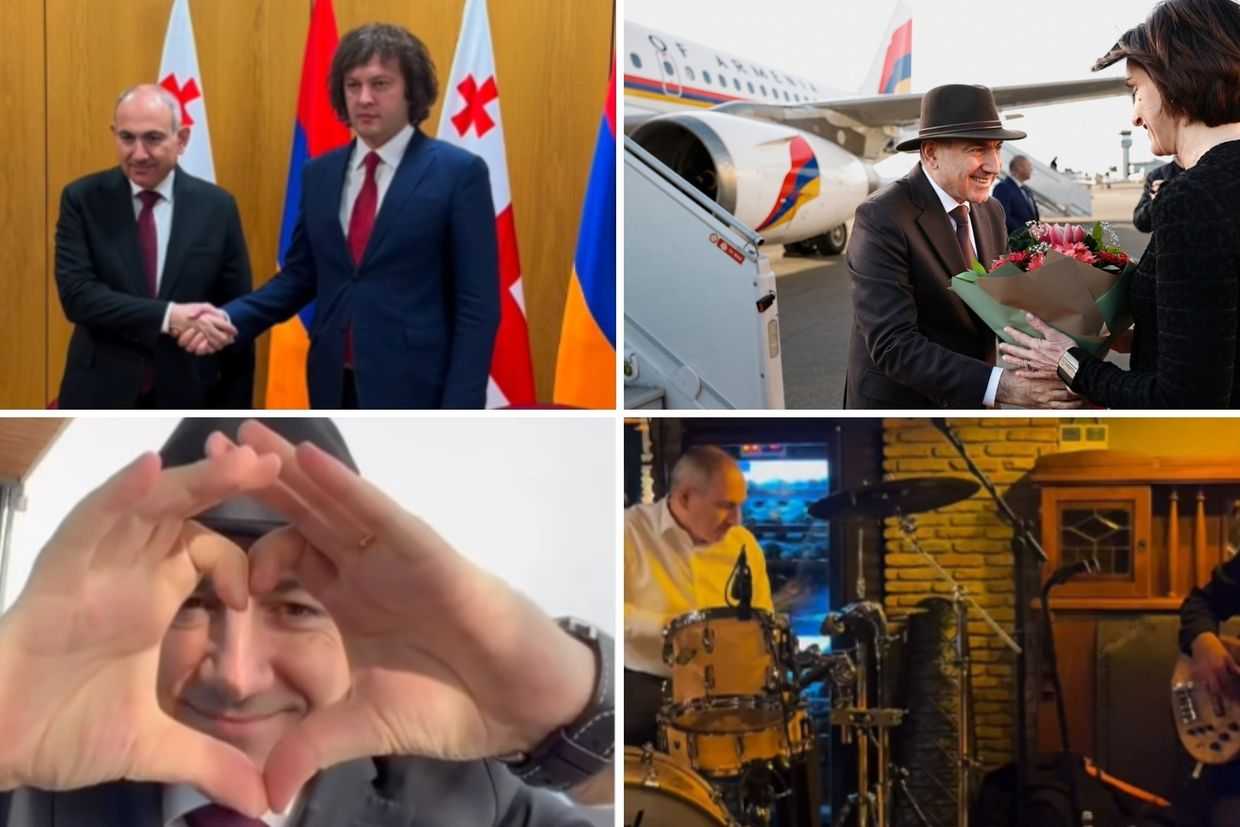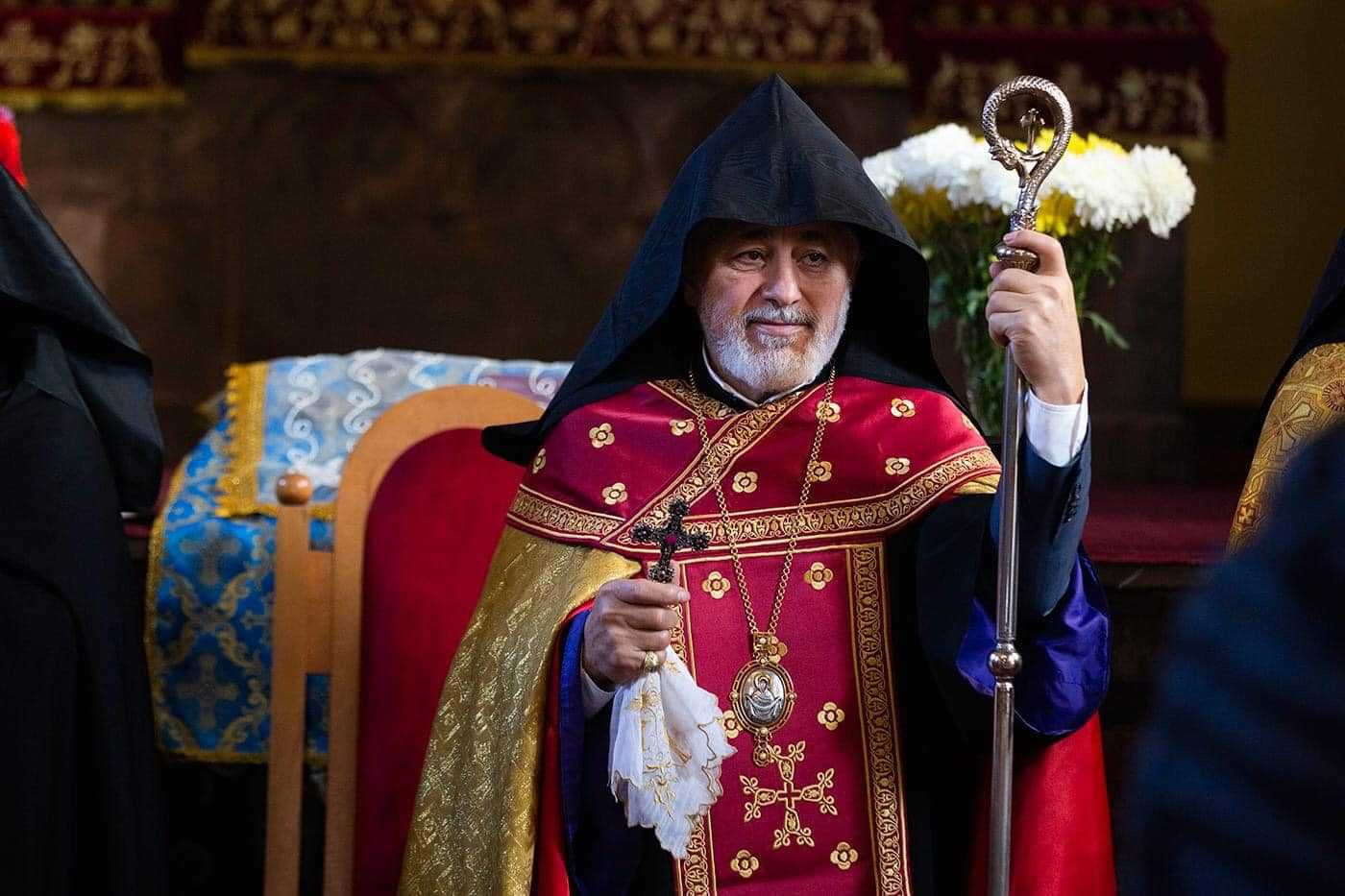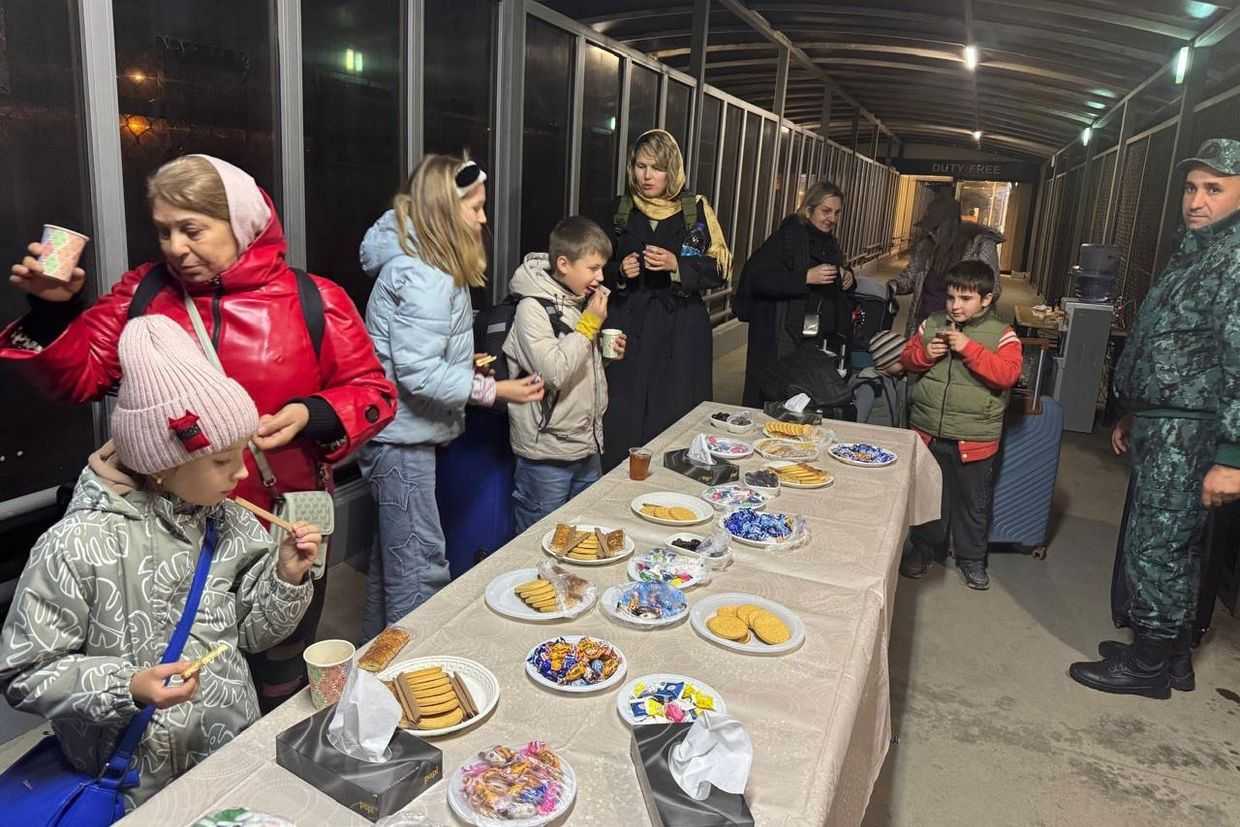
Tigran Avinyan of the ruling Civil Contract party has secured his position as Mayor of Yerevan despite failing to win a majority and after the ruling party’s worst electoral performance since coming to power in 2018.
Avinyan was appointed by the Yerevan City Council on Tuesday, the first time the council had convened since elections in late September.
Avinyan was the only candidate nominated by the council, as two of three opposition groups boycotted the vote.
The Mother Armenia alliance and National Progress party boycotted the session in hopes of failing quorum and forcing new elections. The move failed after Public Voice, the third opposition party in the council, decided to attend.
Due to the ruling party’s failure to win a majority on the council, Avinyan was forced to gain the support of Hanrapetutyun, a centre-right party. After the vote, Civil Contract and Hanrapetutyun signed a memorandum on jointly managing the city.
Avinyan was a founding member of Civil Contract. He previously held the position of Deputy Prime Minister, and has since September 2022 served as Yerevan’s Deputy Mayor.
A small protest took place outside City Council as it convened, with protesters carrying banners that read ‘you do not have a mandate’.
The opposition in disarray
On 19 September, Civil Contract secured 24 of 65 seats in the City Council, winning just 33% of the vote — a marked decline from the previous elections in 2018, when they won 81% of the vote.
Along with Hanrapetutyun’s eight seats, the ruling party will still be forced to run a minority council in the capital, with 32 of 65 seats. The remaining 33 seats went to three opposition parties: National Progress, led by former Yerevan mayor Hayk Marutyan; Mother Armenia, an alliance backed by former president Robert Kocharyan; and Public Voice, a party founded by fugitive Vardan Ghukasyan.
Despite collectively winning one more seat than the ruling party and their allies, the opposition failed to reach a consensus on a joint candidate.
Hayk Marutyan, whose party came second with 14 seats on the council, called on the other two opposition groups to boycott the first session.
Public Voice’s leader, Vardan Ghukasyan, refused, citing the security situation in the country and a deepening humanitarian crisis due to the influx of refugees from Nagorno-Karabakh.
Ghukasyan added that he did not want to ‘strengthen the positions’ of Kocharyan and former Prime Minister Serzh Sargsyan, who was forced to resign following the 2018 revolution.









